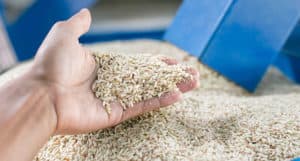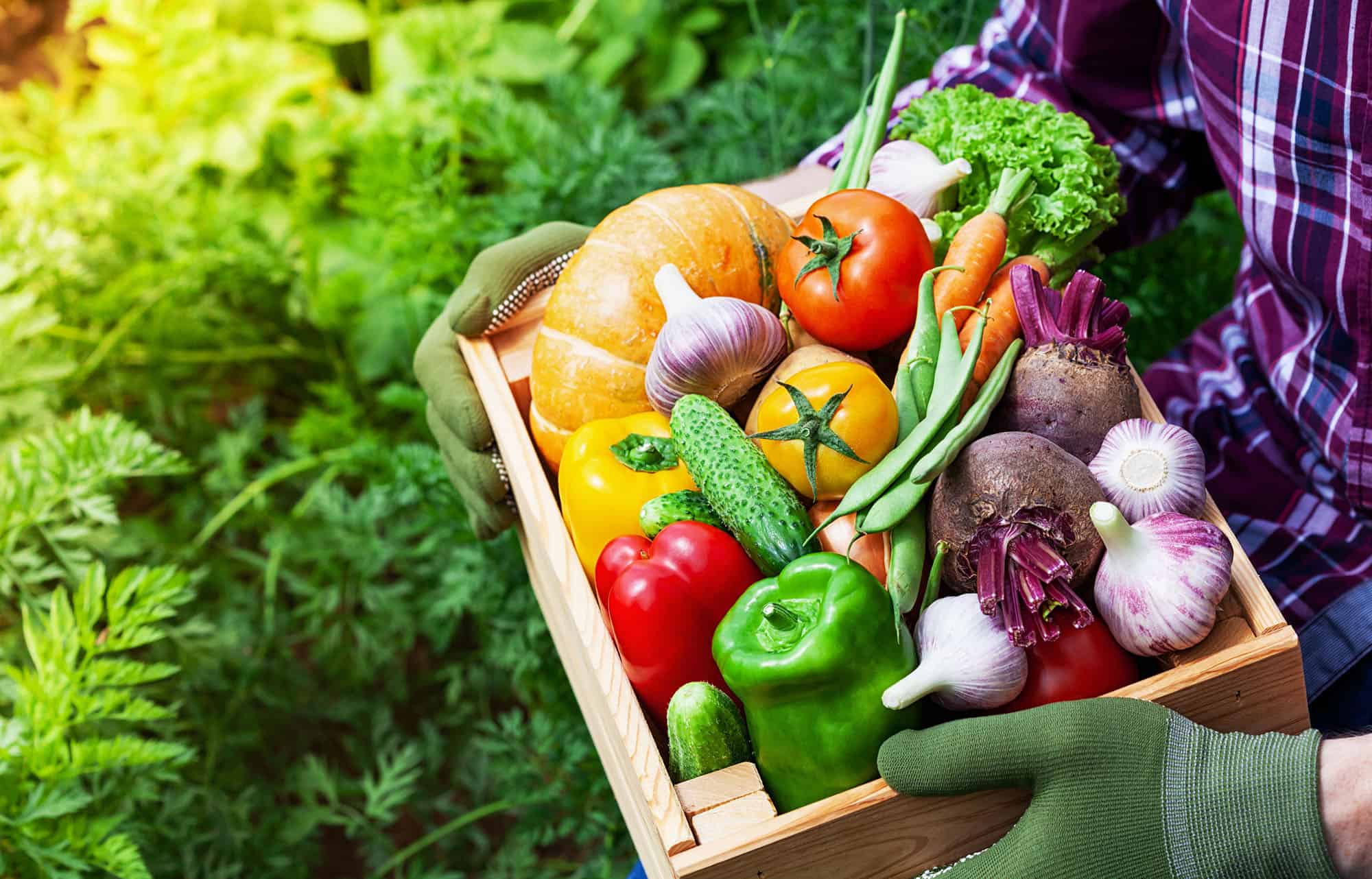UAMS Meets State Goal, Buys 20% of Food from Arkansas Sources
| For the second year, UAMS purchased 20% of its food from local sources, meeting a requirement set by the Arkansas Legislature.
For the 2020 fiscal year, UAMS spent $5.3 million on food with more than $1.05 million of that coming from Arkansas sources, said Tonya Johnson, executive director of nutrition and hospitality.

UAMS purchases rice products from Riceland Foods in Stuttgart.
Under the Local Food, Farms, and Jobs Act (Local Food Act), Arkansas agencies that receive at least $25,000 in state funding and operate a food service program should procure at least 20% of their food from local sources. UAMS counts as one of those agencies.
“This is a tremendous achievement, especially when you realize that the Arkansas growing season is relatively short, which limits our options regarding fresh produce,” Johnson said. “Fortunately, Arkansas has some great companies we can buy from.”
UAMS purchases poultry from Tyson Foods, going so far as to make sure the chickens served were raised and processed in Arkansas, she said.
“Our rice is purchased from Riceland Foods in Stuttgart, while Hiland Dairy in Little Rock is the source of our ice cream and milk products,” Johnson said. “Our bread is freshly made in Batesville, and all of our canned Coke products come from their bottling facility in West Memphis.”
“One reason we switched to WestRock Coffee was our commitment to buying local,” she said. “Previously, we used Folgers in most places on campus.”
Johnson said she would like to purchase even more food from area farmers and is always looking for local businesses to work with. Right now, she’s looking at farmers who can provide UAMS with eggs year round and also talking with an artisanal cheese company and local BBQ sauce and seasoning business.
“My goal is to offer our customers great food at a great price,” she said. “I don’t want to be at a point where we have to sell a cheeseburger for $10. We’re working hard to get commodities we can for the best value and still increase our local spending.”
UAMS was one of just a few agencies that met the 20% goal this year, Johnson said, adding that currently there is no punishment in place for failing to meet the threshold.
“I think the 20% commitment is really important for our state’s economy,” she said. “As a state entity, we have an obligation to promote Arkansas as much was possible. I’m very committed to doing that.”
